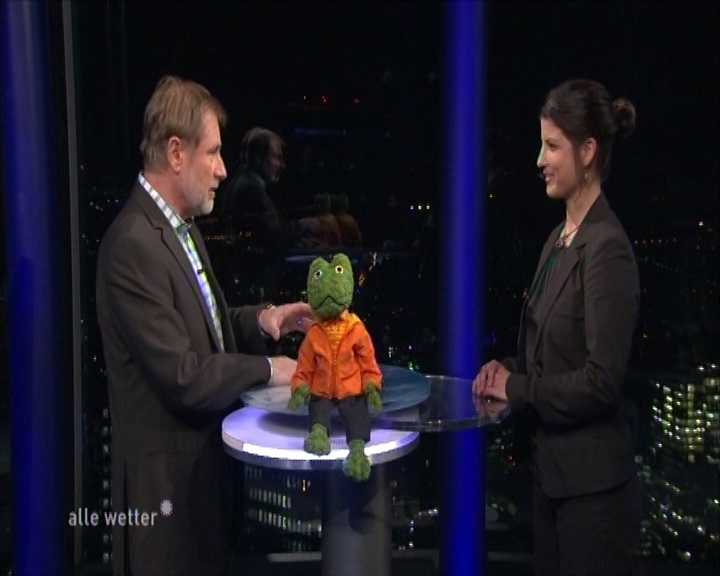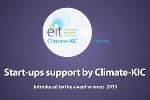Metropolitan Food Clusters for climate-proof agriculture by an increased resources use efficiency (MFC-4-CLIMAG)
Challenge Platform: Industrial Symbiosis
Project Start Date: 09/2013
Lead partner: Wageningen-UR, NL
Project type: Innovation – Develops and brings to market climate relevant knowledge, products and services
Project lead: Saskia Visser, Wageningen-UR
Partners
This project involves 5 partners in 3 European countries:
- Alterra, Wageningen-UR, The Netherlands (Climate-KIC Core Partner)
- ARCADIS, (International Management and Engineering Consultancy), The Netherlandes (Climate-KIC Core Partner)
- Brandenburg University of Technology (BTU Cottbus), Germany
- German Research Centre for Geosciences (GFZ), Germany
- Imperial College London, UK (Climate-KIC Core Partner)
Concept
By 2050, 75% of the predicted 9 billion people on earth will live in cities. Feeding all these people will be a challenge. At present, individual segments of food production chains are distributed all over the world. This has staggering climatic, economic and social impacts. In addition current and foreseen climate scenarios suggest an enormous threat to sustainable and reliable food provision for metropolitan areas worldwide. The Metropolitan Food Clusters (MFC) concept aims to address these issues by transforming rural landscapes close to urbanised areas into climate robust, sustainable food production areas through optimisation of agro-logistics, linking food production areas to internal and external markets and positively affecting social and economic development.
The climate change issue
The development of MFCs requires a thorough rethinking and redesign of the agricultural value chain and its resource use. This involves integration of food production and processing chains and reduction of the use of water, nutrient and energy resources by recycling. MFCs can contribute to climate change mitigation and adaptation by reducing greenhouse gas (GHG) emissions and optimising water use, and at the same time increase local food security.
The Project Solution
Metropolitan Food Clusters (MFCs) address food production systems in an integrated manner. Ideally, they consist of three elements:
• Agroparks (AP)
Agroparks are spatial clusters of production and processing units, combining them in a single industrial set up. This will increase productivity at the same time as reducing costs, transport, veterinary risks and environmental emissions.
• Rural Transformation Centres (RTC)
Satellite centres in rural areas which are used to collect information to assess the efficiency of land dependent production sites across the network. They are also used as hub for training and educating stakeholders in the industry.
• Distribution and Consolidation Centres (DCC)
DCCs take raw and processed products from all production sites, processing and then distributing them directly to metropolitan and export markets.
To facilitate and enable the transition to sustainable climate- smart food supply for cities, the Metropolitan Food Clusters for climate-proof agriculture by an increased resources use efficiency (MFC-4-CLIMAG) project will:
1) Set up a MFC Front Office that assists entrepreneurs, governments, society and knowledge institutes in developing inventions that deliver adaptation to and/or mitigation of climate change for MFCs
2) Develop business model prototypes and draft business plans for MFCs
3) Create sustainability benchmarks for MFC operations e.g. water use efficiency and GHG emissions
4) Participate in developing several active MFCs that will function as Living Labs. This active engagement will take place in two case studies, MFC Protein Empire and MFC Berlin-Brandenburg.
The MFC concept is not limited to food production, it can also be considered for the production of other biobased raw materials, including bio-fuels, animal feed, plants and pharmaceuticals. All of this positively affects social and economic development, and it will contribute to climate mitigation and adaptation.
The role of Climate-KIC
Climate-KIC has been instrumental in the planning and development of the project. Climate-KIC provides a vast network of partners who can help to develop projects further and provide expertise in specific areas.



